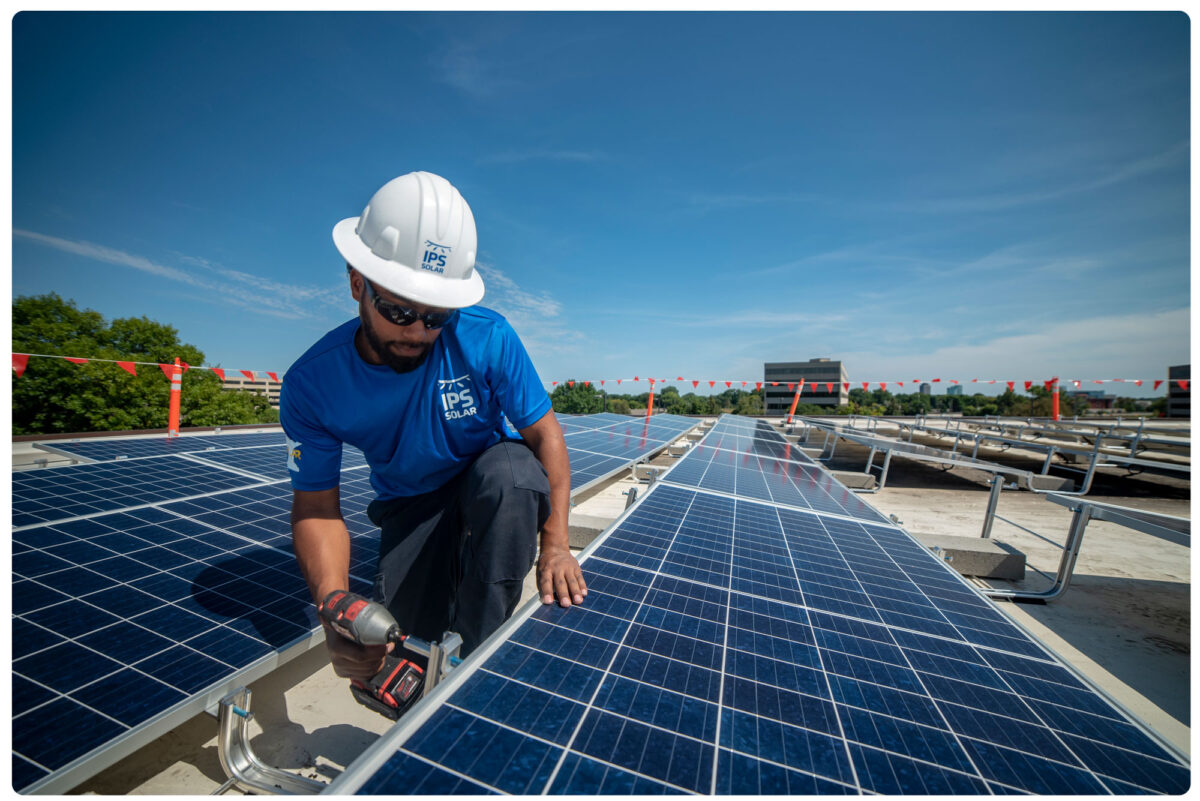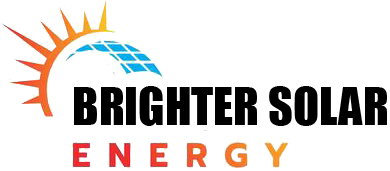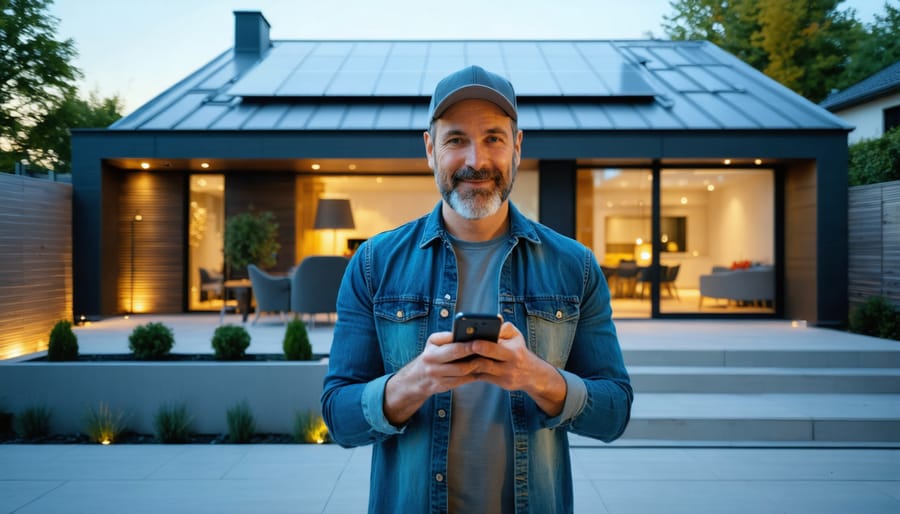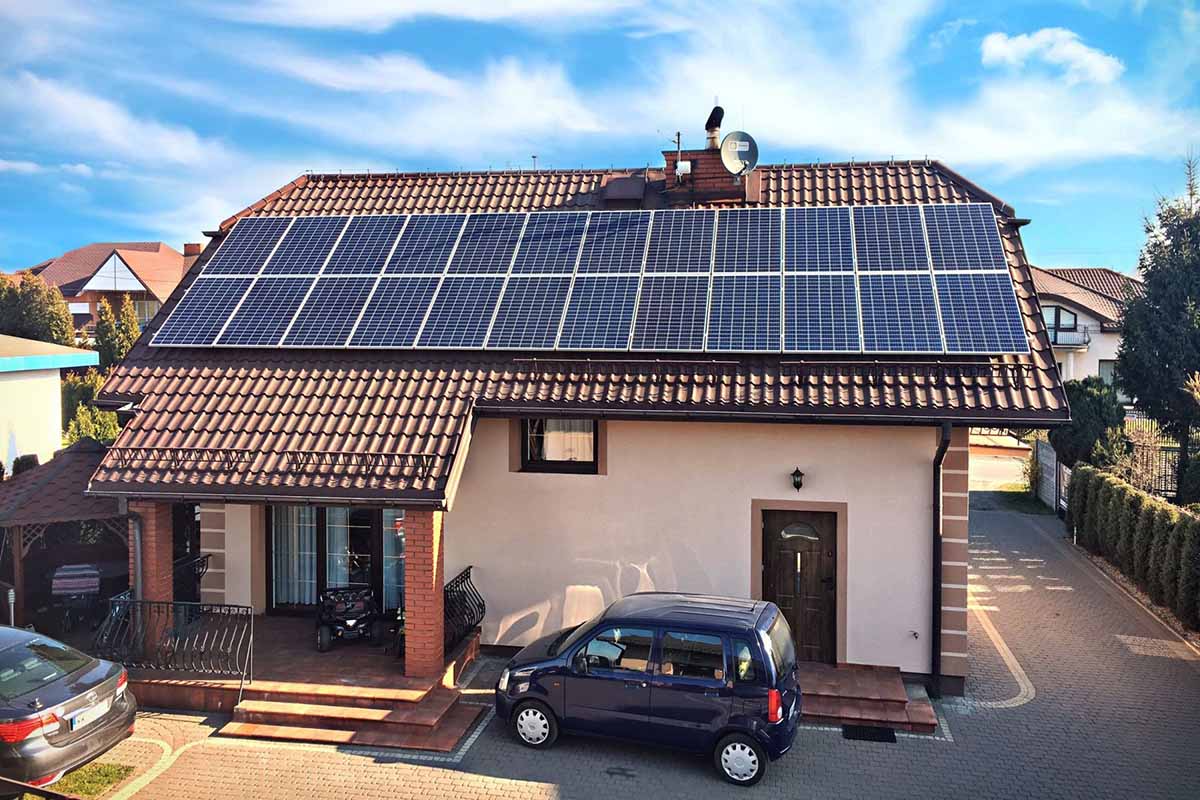Countless solar panel systems have emerged across the nation as many choose to power their homes and businesses with natural energy coming from sunlight. Many have indeed understood the environmental benefits of harnessing natural energy.
Are you considering investing in solar energy systems for your homes? Below are the most commonly asked questions among homeowners about solar energy.
How does solar energy work?
Two main technologies can harness sunlight and turn it into electricity. The first is photovoltaics or PV which are panels installed on rooftops. When the sun shines on a solar panel, photons from the sun are absorbed by the cells in the panel, thus creating an electric field across layers and causing electricity to flow.
The second technology is concentrating solar power or CSP. It is primarily for very large power plants and is not suitable for residential usage. It utilizes mirrors to reflect and concentrate sunlight to receivers that collect solar energy which then convert it to heat that can then be used to produce electricity.
How to go solar?
Work with a trustworthy solar panel system contractor to ensure that you only get the best of the best.
Can solar panel systems be a Do-It-Yourself project?
Yes, if you are knowledgeable enough. However, it would be best to let a credible and qualified professional do the nitty gritty of installing and planning your solar panels. This would guarantee that proper installation is done and top-quality equipment is used.

How can you know how much solar power is being produced by a solar panel system?
The National Renewable Energy Laboratory (NREL) developed a tool called PVWatts to estimate how much is the energy produced and cost of those grid-connected PV energy systems. It permits manufacturers, installers, and homeowners to easily have estimates of the performance of potential PV installations, and can compare costs to traditional utility bills.
Will solar panels help save money?
Your monetary savings when going solar would depend on the size of your solar panels, whether you chose to lease or buy the equipment, how much solar power can the panels generate in consideration of your roof’s slope inclination, how much sunlight hits the panels, and of course how much electricity you consume.
Your savings would highly be contingent on the electricity charges determined by your utility and how much they will pay you for the extra solar energy you send back to the electrical grid. You may use the National Utility Rate Database to see the recent electricity rates in your location.
Can you get financing for solar panels?
Given the fact that consumers have diverse financial capacities, there are leasing options available for solar panels in case you do not have the means to buy them outright. Solar loans can lower the up-front costs of the system in which you can opt for monthly loan payments. The latter are smaller than a traditional energy bill, which helps you save money even from the start of your solar energy switch.
DSIRE is the most all-inclusive source of info on policies and incentives supporting renewable energy in the United States. It is run by the N.C. Clean Energy Technology Center at N.C. State University and funded by the U.S. Department of Energy. You only need to enter your zip code and DSIRE will provide you with a list of regulatory policies and financial incentives that applies to your area. Furthermore, an experienced local solar panel system installer can assist you in claiming state and local incentives.



